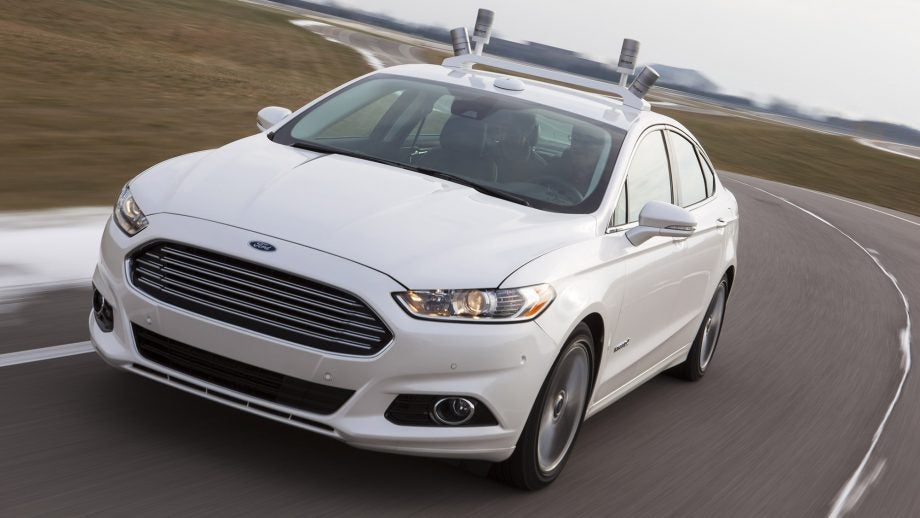Audi and Ford say this ‘major milestone’ could keep you safe in a driverless car

Worried about the safety of driverless cars? US chipmaker Qualcomm is hoping to soothe those concerns with a brand new chipset.
We’re constantly told that autonomous vehicles will be safer than traditional cars with a driver inside, but fast, self-driving hunks of metal on our roads is always going to be a tough sell for many.
That’s why Qualcomm is launching a new “commercial solution” for car companies in hopes of making it easier for them to produce driverless cars that operate safely.
This solution comes in the form of a brand new chipset, which bears the cumbersome title of Qualcomm 9150 C-V2X. It’s a reference design chip, which means other companies will look at it and use it to inspire their own designs. But what does it do?
Well, it contains a number of features that are necessary for proper autonomous driving. For instance, it has integrated support for GNSS, the Global Navigation Satellite System, which means it can access multiple satellites and accurately determine position.
It also features an application processor that runs the Intelligent Transportation Systems V2X system. V2X is a big deal in the car industry; it stands for ‘Vehicles To Everything’, and describes how cars of the future will communicate over high-speed networks – like 5G, for instance – for maximum safety.
For instance, a true V2X system will be aware of pedestrians (V2P), other vehicles on the road (V2V), connect to an overarching network (V2N), and even communicate with traffic signals and other road infrastructure (V2I). By ensuring you have a solid connection – over the 5.9GHz ITS network band, in this case – it’ll be far easier to keep driverless cars from knocking into each other, and will help ensure pedestrian safety too.
The new solution is even getting support from car makers at this early stage, with Audi’s Head of Electronics Dr. Thomas Müller describing the chipset as a “major milestone in paving the road for 5G and safer autonomous driving”.
And Don Butler, Executive Director of Connected Vehicles at Ford, said: “Ford is committed to V2X communications and sees it as a critical technology to improve vehicle safety and efficiency.”
He went on: “We welcome Qualcomm Technologies’ cellular-V2X product announcement, as the automotive industry and ecosystem work towards C-V2X implementation, and pave the path to 5G broadband and future operating services.”
So when will we see the new V2X chip in cars? Well, Qualcomm promises that companies will be able to sample it in the second half of 2018, which means it could still be a while before it actually turns up in vehicles. But with the industry consensus being that proper driverless cars won’t emerge until 2019 or 2020, that seems like a fairly fitting timeframe.
Related: Range Rover Velar
Are you scared of driverless cars, or do you welcome our autonomous future? Let us know via Facebook or Twitter.


